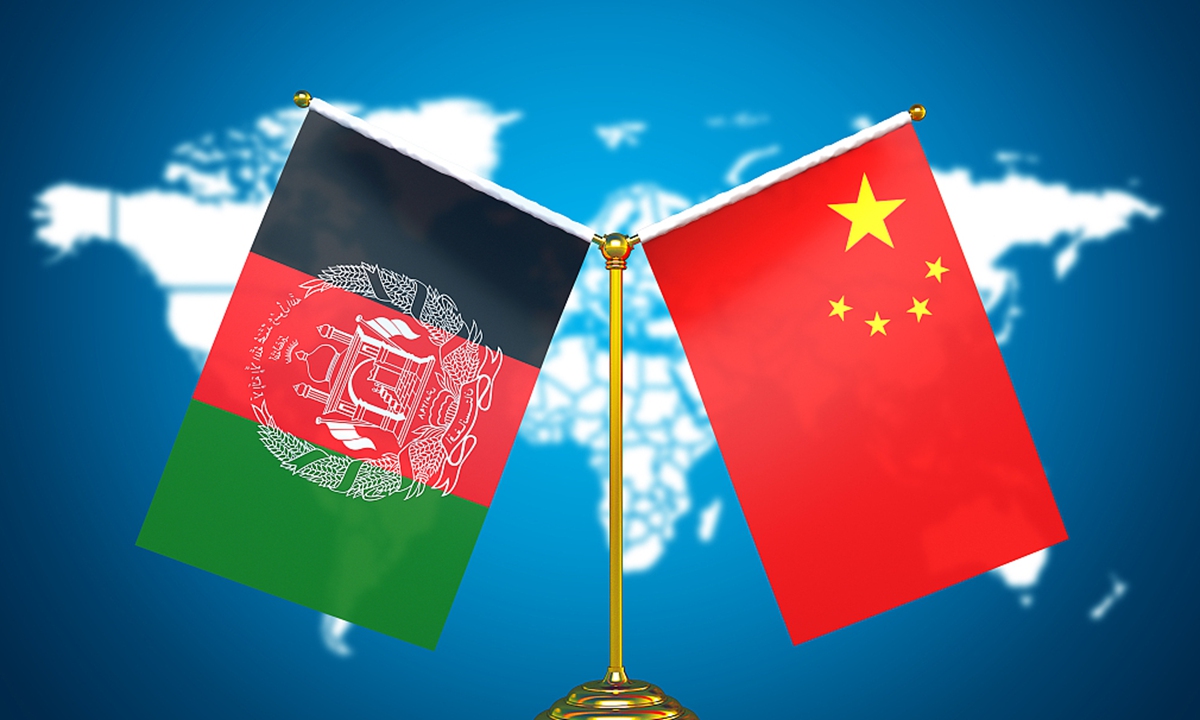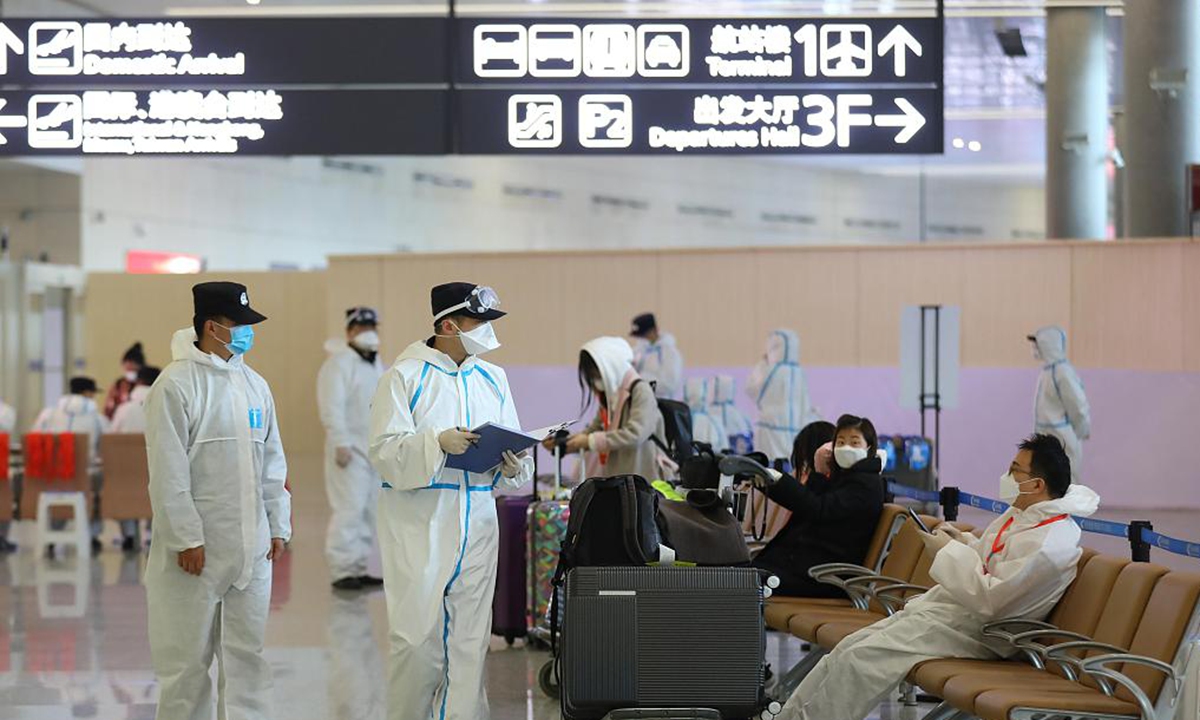Most Americans, including half of young Democrats, disapprove of Biden’s handling of recent Gaza crisis
President Joe Biden’s handling of the crisis that followed Israeli plans to expel Palestinians from their Jerusalem homes in May — which included Hamas firing rockets on Israel and massive Israeli bombings of Gaza, resulting in the death of over 230 Palestinian civilians and 12 Israelis — was notable for the president’s public support for Israel and pinning the blame on Hamas. Biden refused to publicly criticize Israeli actions or even push for an early end of the crisis — to the point that he faced criticism not just from Democratic progressives, but even from usually-reliable pro-Israel Democrats in Congress.

Shibley Telhami
Nonresident Senior Fellow -
ShibleyTelhami
To put this in perspective, White House concerns about congressional reactions to policy on Israel are typically the opposite. As Ben Rhodes, who served as deputy national security advisor under former President Barack Obama, noted, working on Israel at the White House is unique: The number of meetings with pro-Israel groups equals all other meetings on foreign policy issues combined, and congressional interest dwarfs that on other issues.
A new University of Maryland Critical Issues Poll conducted from June 22 to July 21 shows why Democrats in Congress were willing to be critical of a new Democratic president, even in a highly partisan political environment: A significant segment of the Democratic public pinned the blame for the Gaza crisis on Israel far more than on the Palestinians, even as Biden took a decidedly pro-Israel tone. More centrally, the poll shows public disapproval of Biden’s handling of the Gaza crisis, including by a significant minority of Democrats — something that could not have helped the president as his overall approval ratings dropped in recent weeks. And the Gaza crisis appears to have led to the largest increase to date in the number of Democrats, especially young Democrats, who want the U.S. to lean toward the Palestinians.
Here are seven takeaways from our poll, among a nationally representative sample of 3,379 American adults (margin of error: 1.69%), fielded by Nielsen Scarborough.
First, most Americans disapproved of Biden’s effort to end the Gaza fighting, with disapproval especially high among those who say they followed the conflict closely. Overall, 52.6% disapproved of Biden’s effort, while 47.4% approved. Among those who said they followed the crisis very or somewhat closely the disapproval was higher: 56% disapproved, while 44% approved. When one considers that Biden’s overall disapproval ratings among Democrats have been consistently in the single digits, the 27.7% disapproval of his Gaza policy is unusually high. The attitudes of Democrats ages 18-34 are even more critical, with about half, 49.7%, disapproving of Biden’s effort.
Republican disapproval of Biden’s handling of Gaza crisis likely includes many who think Biden is not pro-Israel enough. But it’s notable that the Republicans who approve of Biden on Gaza, 20%, outnumber Republicans who generally approve of his job as president, which have ranged from 8 to 12%. It’s also notable (as pointed out in the fifth takeaway below), that 44.4% of Republicans who know where their elected representatives are on Israel/Palestine say their representatives lean toward Israel more than they do.

Second, only 8.1% of Democrats pinned the blame for the crisis on the Palestinians, while 34.8% blamed Israel, and 52.5% blamed both equally. In contrast, 59.1% of Republicans blamed the Palestinians, 3.7% blamed Israel, and 31.3% blamed both sides equally. Overall, Americans 18-34 tended to blame Israel (30.1%) more than the Palestinians (20.2%), and Democrats 18-34 tended to blame Israel (45.1%) much more than the Palestinians (6.1%).

Third, a significant number of Democrats (43.7%), and a quarter of Americans overall, want the U.S. to “apply more pressure on Israel, including withholding aid.” In contrast, 49% of Republicans and 8.5% of Democrats want to apply similar pressure on Palestinians. Overall, 48.7% of respondents do not want to apply additional pressure to either side, with roughly the same number of Republicans (44.7%) and Democrats (47.8%) choosing this option.
Fourth, one-third of all respondents support linking American arms supplies to Israel to its actions toward Palestinians. Strikingly, nearly as many Republicans (32.3%) as Democrats (36.3%) back linking U.S. arms supplies to Israel to Israel’s actions toward the Palestinians. Overall, 46.6% oppose such links, including 50.3% of Republicans and 43.4% of Democrats.

Fifth, two-thirds of Democrats (67.7%), and 44.4% of Republicans who know where their elected congressional representatives stand on Israel/Palestine say their representatives lean toward Israel more than they do. About half of all respondents said they didn’t know where their congressional representatives stood on Israel/Palestine. These findings highlight that, not only are constituents’ positions — especially those of Democrats — less pro-Israel than their representatives tend to be, but also that the public perceives that to be the case.

Sixth, the polarization on Israel/Palestine continues to grow. Most Republicans want the U.S. to lean toward Israel outright, while an overwhelming majority of Democrats and independents want the U.S. to lean neither toward Israel nor the Palestinians. Among the minority of Democrats who want the U.S. to take a side, a majority now want the U.S. to lean toward the Palestinians by a ratio of about two to one (17.9% to 9.5%) — the highest ratio favoring the Palestinians recorded in our polls so far. Even more striking, among Democrats 18-34, 34.5% want the U.S. to lean toward to the Palestinians, compared to 9.1% to Israel — also the highest ratio recorded in our polls so far.

Seventh, more Americans think Iran possesses nuclear weapons than think Israel does. While Israel has been known to possess nuclear weapons for decades (without officially acknowledging it) and Iran is not known to have ever possessed any, the American public perception presumes a different reality: 60.5%, including 70.6% of Republicans and 52.6% of Democrats, say Iran possesses nuclear weapons — compared to 51.7% who say Israel does, including 51.7% of Republicans and 51.9% of Democrats.

ANALYSIS AND CONCLUSION: GAZA MATTERED — A LOT
One striking finding in this poll is the large shift in Democratic attitudes toward Israel that’s too big to be explained simply by long-term trends, putting the spotlight on May’s Gaza conflict. The poll certainly shows a continued, now-familiar trend of robust support for Israel among Republicans, coupled with a reduction of backing for Israel among Democrats. It also highlights a contrast between the highly supportive public posture that the Biden administration has taken on Israel and Democratic public opinion, which overwhelmingly wants the U.S. to be even-handed, with those who want to take a side increasingly backing the Palestinians.
But the findings go beyond demographic and partisan trends. There is evidence that the recent Gaza fighting further diminished support for Israel among Democrats, especially young Democrats. In particular, the change from just 11 months earlier is too substantial to be a function of long-term demographic trends, or a further outcome of political polarization in Washington: In our August 2020 poll, 13.1% of Democrats wanted the U.S. to lean toward the Palestinians, compared to 10.4% preferring leaning toward Israel; in the new poll, 17.9% wanted the U.S. to lean toward the Palestinians, compared to 9.5% who wanted to lean toward Israel. In August 2020, 18.3% of Democrats 18-34 wanted the U.S. to lean toward the Palestinians, compared to 11.4% toward Israel; in the new poll, 34.5% wanted the U.S. to lean toward the Palestinians, compared to 9.1% toward Israel.

It is also notable that the poll was conducted (June 22-July 21) after Prime Minister Benjamin Netanyahu (who was unpopular among Democrats) was voted out of office by Israel’s Knesset (June 13) and his government replaced by one more amicable to Biden’s White House. The shift in Democrats’ opinion is thus likely an outcome of this year’s Gaza violence.
Interestingly, in recent weeks, Biden’s overall approval ratings have dropped, mostly because of a drop in approval among Democrats. While there is no direct evidence to suggest that Gaza was one reason for this drop, there is plenty of evidence to conclude that it did not help and may have hurt.
Methodology: The University of Maryland’s Critical Issues Poll was led by Professor Shibley Telhami, director, and Professor Stella Rouse, associate director, June 22 – July 21. It was fielded by Nielsen Scarborough from a nationally representative sample of Nielsen Scarborough’s probability-based panel, originally recruited by mail and telephone using a random sample of adults provided by Survey Sampling International. The poll was conducted among a national poll of 3,379 respondents, with a margin of error of +/- 1.69%. Overall, the sample was adjusted to reflect population estimates (Scarborough USA+/Gallup) for Americans. The survey variables balanced through weighting by age, gender, race/ethnicity, household income, level of education, census regional division, and political party affiliation.
Note that for questions 71B and 71C on Israeli and Iranian nuclear capabilities, the poll was conducted July 13-21, among a national poll of 1,525 respondents, with a margin of error of +/- 2.51%.








